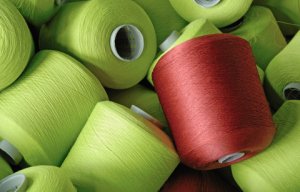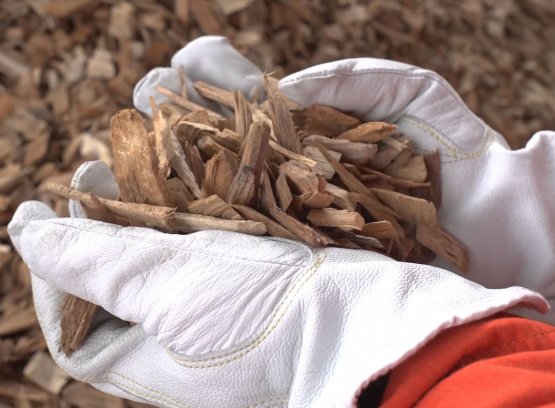
Eastman announces retirement of Senior Vice President
Evolution from corn starch-based production at company’s Origin 1 plant in Canada.

5th April 2024
Innovation in Textiles
|
Sarnia, Ontario, Canada
Origin Materials has announced the successful conversion of wood residue feedstock into sustainable intermediates at Origin 1, its first commercial-scale plant located in Sarnia, Ontario, Canada.
These intermediates made from sawdust have applications in the production of apparel and textiles, plastics, tyres and automotive components, as well as fuels and high-performance polymers.
Converting the first batch of wood residues resulted in several milestones for the scale-up of the biomass conversion technology. The commercial-production scale wood mill and wood handling system performed to specification, mechanically conveying wood residues from feed inventory into the reaction system. The reaction system performed well, producing the intermediates CMF, HTC and oils and extractives. Reactor effluent transferred smoothly to downstream unit operations. Yields and process insights generated during the run will inform planned process improvements and future production campaigns. It will also provide proof points to demonstrate the relationship between feed types and HTC product morphology.
“This marks an evolution from the corn starch-based production we have employed since the commencement of plant operations in October of last year,” said John Bissell, co-founder and co-CEO of Origin. “We are using locally sourced, Forest Stewardship Council (FSC) controlled wood residues produced by a sawmill as a byproduct of lumber and wood flooring production. From that mill’s wood chips, shavings and sawdust we produced our sustainable intermediates, which can be used to make a wide variety of products that would normally be made from petroleum.
“Our customers are engaged and excited about the ability of our technology to create a variety of sustainable and in many cases performance-advantaged products using a range of feedstocks. We have proven the versatility of our technology to accept various feedstocks at lab scale and now we have proven it at our commercial-scale plant. We look forward to continued progress in scaling our technology in support of the world’s transition to sustainable materials.”

Business intelligence for the fibre, textiles and apparel industries: technologies, innovations, markets, investments, trade policy, sourcing, strategy...
Find out more